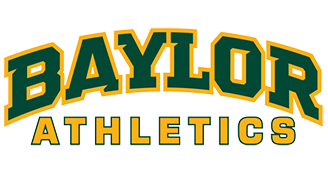Heel Pain
The heel is made up of the calcaneus bone and supported by a network of muscles, tendons, ligaments and soft tissues, which together support the weight of the body and stress during movement. Heel pain is a common symptom of excessive strain placed on these structures.
Causes
Heel pain can be caused by obesity, abnormal walking style, standing or walking or running on hard surfaces and wearing ill-fitting shoes. Some of the conditions related to heel pain include:
- Plantar fasciitis: inflammation of the ligament that connects the heel bone to the toes
- Bursitis: swelling of a bursa (fluid-filled sac) at the back of the heel
- Achilles tendinitis: swelling of the Achilles tendon that connects the calf muscle and heel bone
- Bone spurs: extra growth of bone
- Calcaneus fracture
- Haglund’s deformity: bone enlargement at the back of heel
- Tarsal tunnel syndrome: compression of nerves at the back of the foot
- Rheumatoid arthritis: autoimmune disease of the joints
Symptoms
Heel pain may be felt under or behind the heel, mostly during walking, jogging and running. It may be sharp and stabbing when you first stand up early in the morning or get up after sitting for long hours. Pain may also be associated with swelling, inflammation, numbness and/or a tingling sensation.
Diagnosis
The cause of the heel pain is diagnosed by studying your medical history and performing a thorough physical examination of your heel, observing and feeling for signs of swelling and tenderness. The doctor might order blood tests, and imaging studies (X-ray, CT or MRI scans) to confirm on the diagnosis.
Treatment
Treatment of heel pain completely relies on the causes. The conventional treatments are:
- Rest from activities that causes stress on the heel
- Applying ice packs to help reduce pain and inflammation
- Regular exercise and foot massage
- Wearing proper shoes, heel cups, professional heel straps and night splints
- Corticosteroid injections
- Extracorporeal shockwave therapy (EST) may be performed where high-energy soundwaves are delivered to treat nerve problems
- Anti-inflammatory medication (topical or oral)
- Surgery may be recommended in cases of heel spurs, bursitis and fracture of the heel bone.
Prevention
Following are the few steps to avoid heel pain:
- Wear properly fitted shoes
- Reduce weight if you are overweight or obese
- Use shoe inserts


 Don't think you'll find a better
combination of physician and support staff! They are all very professional!
Don't think you'll find a better
combination of physician and support staff! They are all very professional! 

